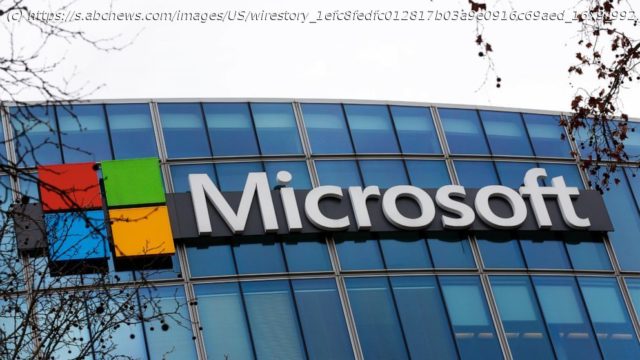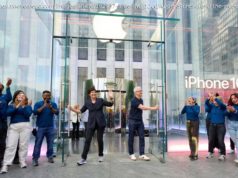Array
Microsoft’s charm offensive with the world’s governments is starting to lose some of its luster as the software giant is confronting its toughest antitrust scrutiny since co-founder Bill Gates was in charge.
A blow came this week when British regulators said they would block Microsoft’s planned $69-billion takeover of video game maker Activision Blizzard, threatening to undermine what could be the priciest tech acquisition ever.
Microsoft’s policy chief responded by calling it a “bad day for Britain” that could make it an unattractive place to do business and warned Prime Minister Rishi Sunak’s government “it needs to look hard” at the role of its antitrust regulator.
“This decision, I have to say, is probably the darkest day in our four decades in Britain,» the company’s president, Brad Smith, told BBC Radio 4. «It does more than shake our confidence in the future of the opportunity to grow a technology business in Britain than we’ve ever confronted before.”
The sharp tone marked a shift for Microsoft, and Smith in particular, who joined the company in 1993 and helped defend it from antitrust enforcers in the U.S. and Europe who targeted the company’s personal computer software empire centered around the Windows operating system.
“Basically, this is Microsoft and Brad Smith throwing their toys out of the pram after they didn’t get the decision they wanted after all the lobbying they did,” said Max von Thun, director of the Europe office of the Open Markets Institute, a proponent of stronger antitrust enforcement.
After legal battles starting in the late 1990s, Microsoft came close to having to break up its business but ended up agreeing to concessions instead. It was eclipsed for a time by rivals like Google, Facebook and Amazon, which drew closer scrutiny from both Wall Street and regulators. Now, it’s back, both as a powerhouse in sectors such as artificial intelligence and cloud computing and as a target for antitrust enforcement.
“They’re struggling to maintain that ‘good guy’ reputation,” von Thun said.






